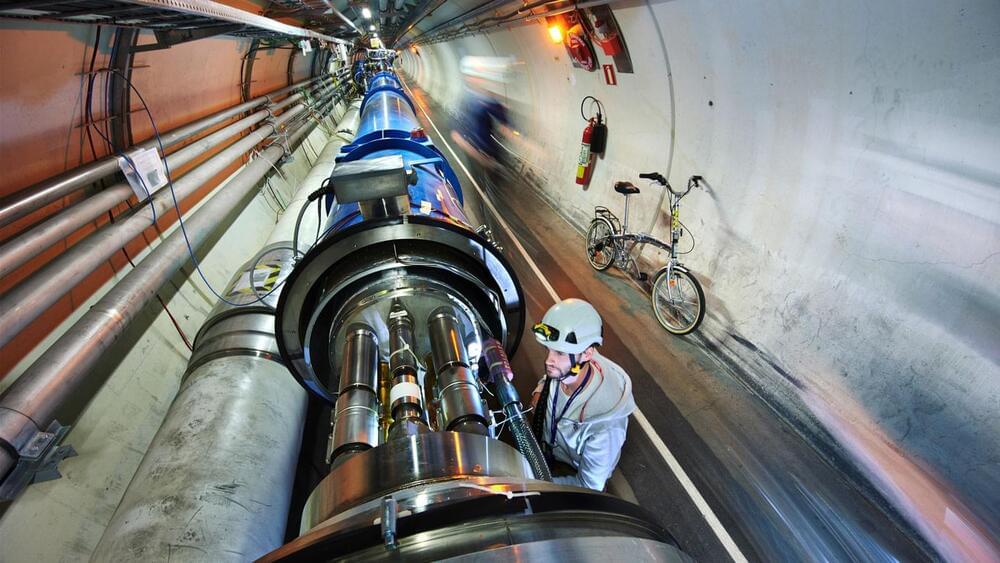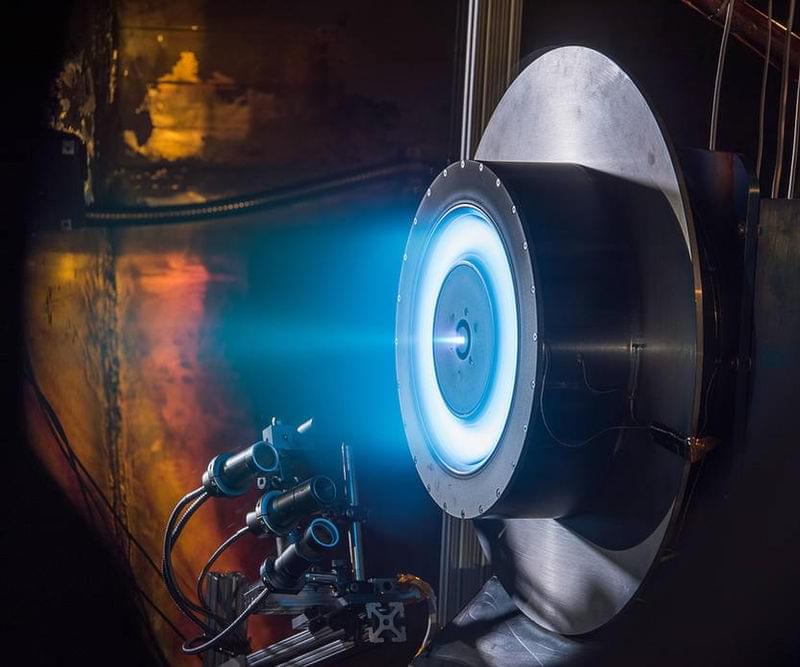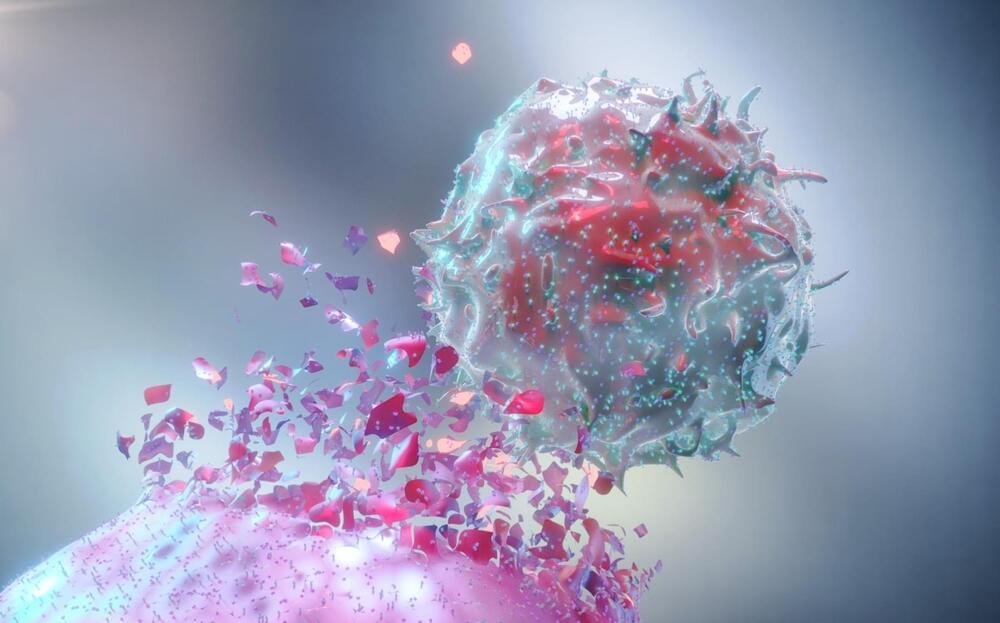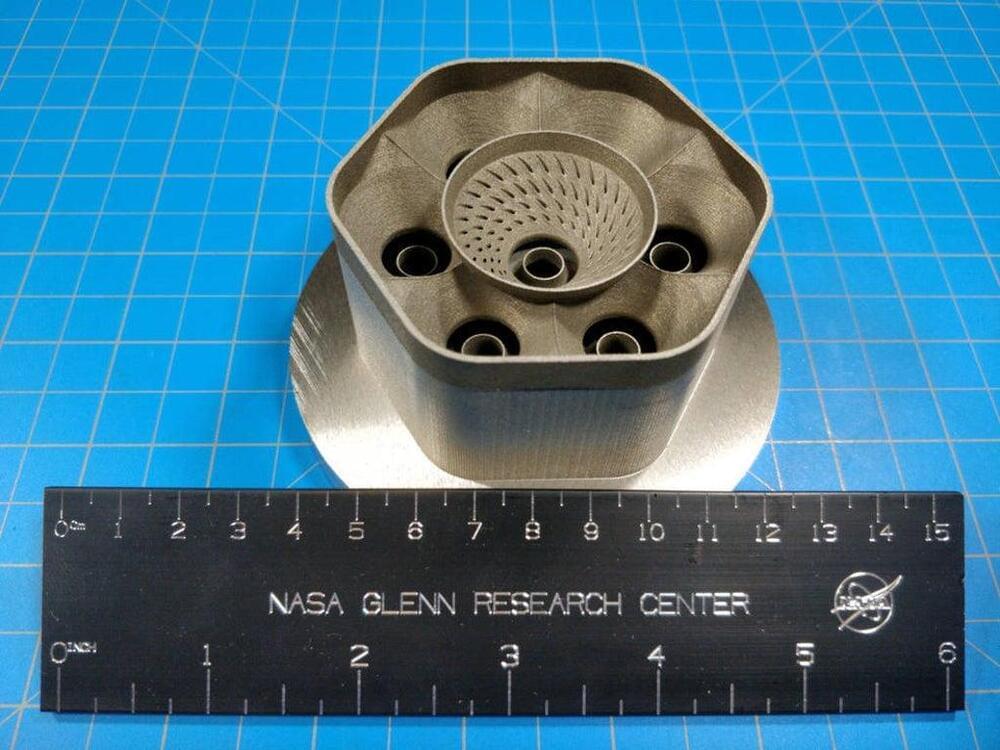
Scientists shut down the particle accelerator in 2018 to allow for upgrades (SN: 12/3/18). On April 22, protons once again careened around the 27-kilometer-long ring of the Large Hadron Collider, or LHC, located at the particle physics laboratory CERN in Geneva.
The LHC is coming out of hibernation gradually. Researchers started the accelerator’s proton beams out at relatively low energy, but will ramp up to slam protons together at a planned record-high energy of 13.6 trillion electron volts. Previously, LHC collisions reached 13 trillion electron volts. Likewise, the beams are starting out wimpy, with relatively few protons, but will build to higher intensity. And when fully up to speed, the upgraded accelerator will pump out proton collisions more quickly than in previous runs. Experiments at the LHC will start taking data this summer.
Physicists will use this data to further characterize the Higgs boson, the particle discovered at the LHC in 2012 that reveals the source of mass for elementary particles (SN: 7/4/12). And researchers will be keeping an eye out for new particles or anything else that clashes with the standard model, the theory of the known particles and their interactions. For example, researchers will continue the hunt for dark matter, a mysterious substance that so far can be observed only by its gravitational effects on the cosmos (SN: 10/25/16).


















